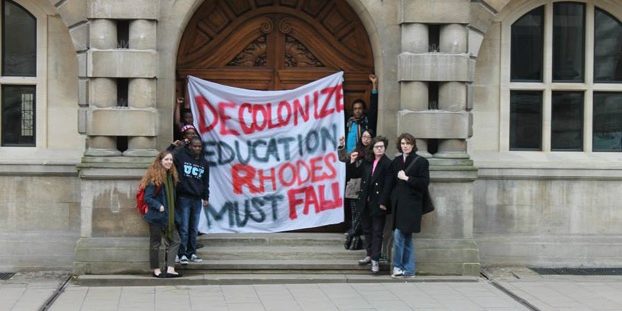“Alarming” lack of BAME figures in Oxford University history essays
Examiner reports have branded essays by history students at the University of Oxford as “alarming” after failing to discuss important Black, Asian and minority ethnic (BAME) figures in their essays.
The History department at Oxford was disappointed to see its students focus on decolonisation in their essays rather than the contributions made by BAME communities to modern Britain.
The examiner’s report names British public figures such as Idris Elba, Lenny Henry, Benjamin Zephaniah, Zadie Smith, and Monica Ali among BAME influencers they would have liked to have seen discussed.
The report also critiques the students for not addressing the impact of BAME musicians on mainstream music as well as the popularisation of genres like Reggae, Bhangra, and Grime.
The examiner’s report for the module in question notes that many students chose the question “How useful is the term post-colonial in understanding Britain since 1947?”, but the majority of these essays did not mention anyone from BAME backgrounds, or reach a first class mark.
Professors had hoped that students would use the question to discuss the legacy of Britons from black and ethnic backgrounds. Whilst examiners said that they appreciate more conscious students may not have taken the paper, or that students may object that those from BAME backgrounds with such a legacy were not mentioned in the lectures, they stressed that the information is not difficult to find.
The accusation of hypocrisy from exam boards follows the recent student-led protests Rhodes Must Fall student-led against the statue of Cecil Rhodes, alongside movements to decolonise the curriculum. The University of Oxford is still refusing to remove the Rhodes statue.
Other movements at the University of Oxford of this manner include their “Decolonising the History Curriculum” event, held by student activist group Common Ground.
This event included a symposium and ‘de-colonial tour’ of the Pitt Rivers museum, and was publicised on the History Faculty’s website.

Comments (1)